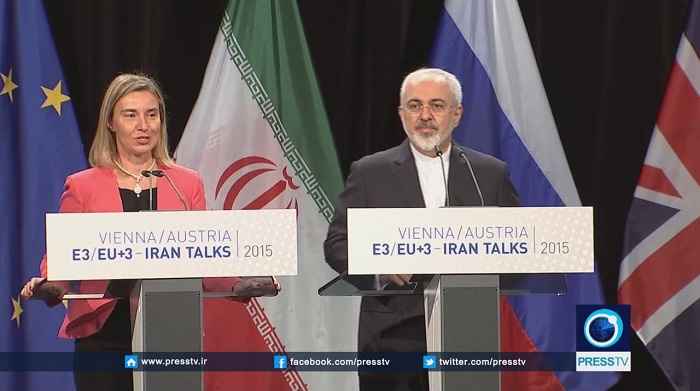JCPOA Implementation and the Lifting of Sanctions

Following the approval of the JCPOA in the Iranian parliament, its implementation begins today. Of course, the IAEA must perform its inspections and provide a positive report regarding Iran’s cooperation with the IAEA, part of which is already done and the other will be performed later. When the report is presented, we enter the phase of the lifting of sanctions. Procedures for the lifting of sanctions are different in different countries. In the European Union, the Council of Ministers must meet and approve such a measure. In the US, the president issues an order to federal institutions regarding the lifting of sanctions and consequently other countries which have imposed sanctions against Iran by the US’ demand will be bound to lift these sanctions.
Of course, the US Congress is controlled by Obama’s opponents and this process will probably be timely. Part of the US sanctions against Iran is related to the accusations made by the US with regard to Iran’s support of Hamas and human rights violations. These sanctions will not be lifted. If the federal government, Europe and the US’ allies lift the sanctions, then the US will not be able to prevent or prolong the process because it will be isolated.
The Republicans in Congress intended to use their opposition to the JCPOA as a tool in the upcoming elections, thus, now that the JCPOA has already impacted the election campaigns, there is no reason for the Republicans to continue their opposition and they will balance their position.
If the process of the lifting of sanctions is well managed by our country’s officials, its positive impacts on Iran’s economy will be revealed. Iran’s government is faced with numerous problems and the currency reserve is almost empty. Different sectors of economy and energy need investment so that the government’s income would increase. On the other hand, in 28 fields of energy, Iran has common interests with the neighboring countries which were generally used by these countries due to the past sanctions and lack of scientific and technological knowledge. Some of the oil wells have also deteriorated and new technology could increase their production. Iran’s assets, which are to be released, are about 25 billion dollars and this money could be used in different areas of the economy. It is expected that following the foreign investments in Iran, the economic problems, and consequently social difficulties, will gradually be removed. Of course, implementation of the JCPOA will affect the political atmosphere although the radicals and government critics are not happy about the government receiving credit for the resolution of the nuclear issue.

